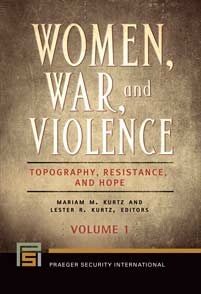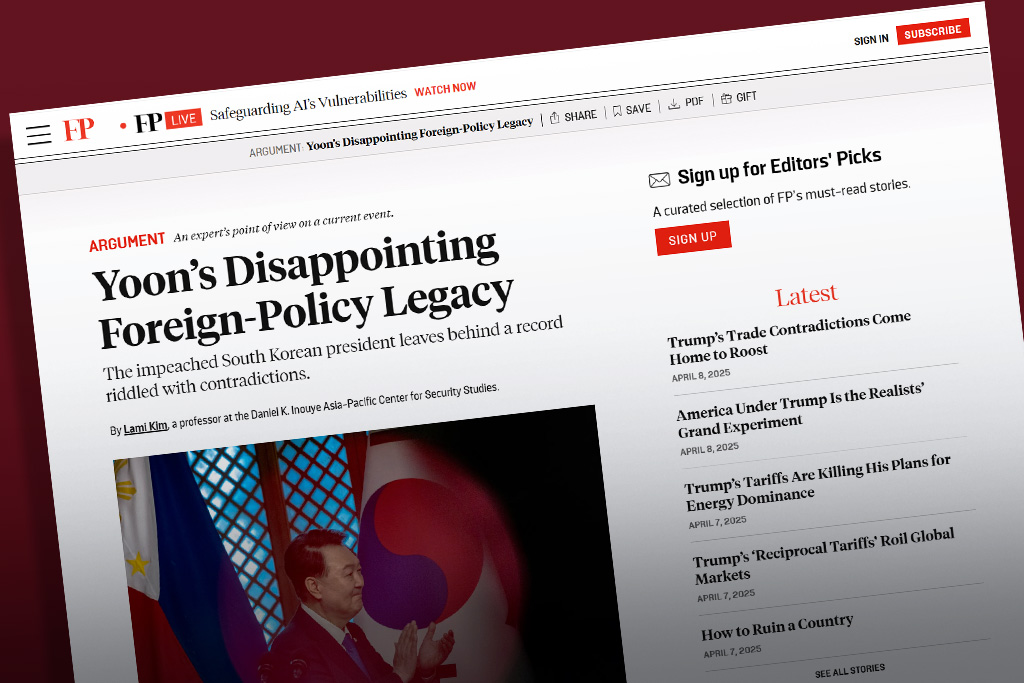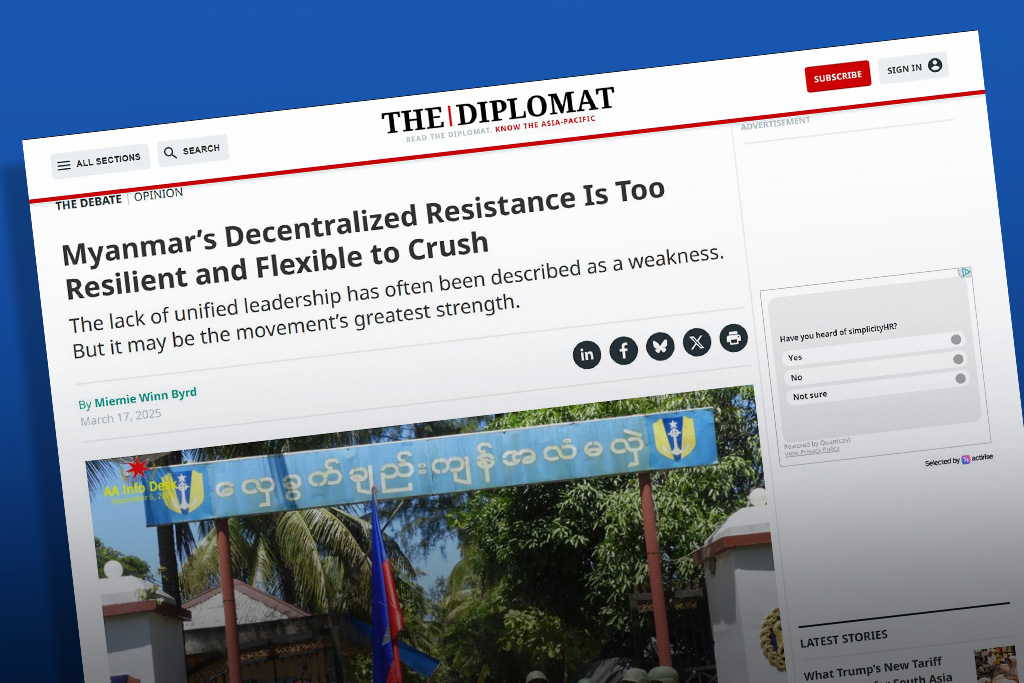 Dr. Saira Yamin’s contributed a chapter titled “Sharia Law and Its Implications for Women’s Status and Rights” to a new two-volume book: “Women, War and Violence: Topography, Resistance and Hope” by Mariam M. Kurtz and Lester R. Kurtz, editors.
Dr. Saira Yamin’s contributed a chapter titled “Sharia Law and Its Implications for Women’s Status and Rights” to a new two-volume book: “Women, War and Violence: Topography, Resistance and Hope” by Mariam M. Kurtz and Lester R. Kurtz, editors.
Her chapter, which appears in volume 1, examines the relationship between Sharia or Islamic law and the status of women in Muslim societies. In the book, Dr. Yamin, explores how Sharia has been incorporated in legal and social structures and institutions and reflects on implications for women.
According to Dr. Yamin, the chapter “finds that the interpretation and uses of Sharia are not uniform across the Muslim world and that it has been used either as a tool for progressive reform or conversely for the suppression of women. It illustrates that in some Muslim societies where patriarchal norms and traditions are pervasive, women are subjected to injustice through judicial or extrajudicial means sometimes through misrepresentation of Sharia.
The chapter presents evidence to suggest that transformative change for women is possible through legal reform in compliance with Sharia.”
“Women, War and Violence: Topography, Resistance and Hope” is published by Praeger Security International, Santa Barbara, CA. You can find it online at:
http://www.abc-clio.com/ABC-CLIOCorporate/product.aspx?pc=A4032C
The views expressed in this book are the authors’ and not necessarily the views of APCSS, U.S. Pacific Command or the U.S. Government.
-END-









First of all, I would like to congratulate Dr. Saira Yamin to bring out such an issue which has tremendous social impact in Islamic societies where the women are deprived of equal rights due to Sharia Law. At the same time- I would also like to highlight the Hindu society which is also plagued of patriarchal tradition where women are deprived of dowry system, witchcraft and child marriage. The ‘Cchoupadi’ system of western Nepal is much more worst of women exploitation who are forced to live in a cattle shed or in the jungle during their menstruation cycle.
In relation to Sharia law- I would like to quote an example of the latest development in Tunisia which may have different impact where the Islamic states are in the transitional phase of their political transformation- Tunisia witnessed successful legitimate constituent assembly as well as presidential elections in 2014. Despite of controversy to have Sharia Law between Islamist and secular forces—the National Constituent Assembly passed the new constitution by 200 votes from 216 on January 26, 2014 having equal right to all. But in Libya,it has further deepened into a civil war where there are two parliaments, two governments and two military factions. To achieve peace and stability, it needs to protect space for national politics which will yield to have constitution through general referendum and new election. Notwithstanding the reality, when the nations opt for ambitious targets and denies the space for opposition—they plunge into the problem.